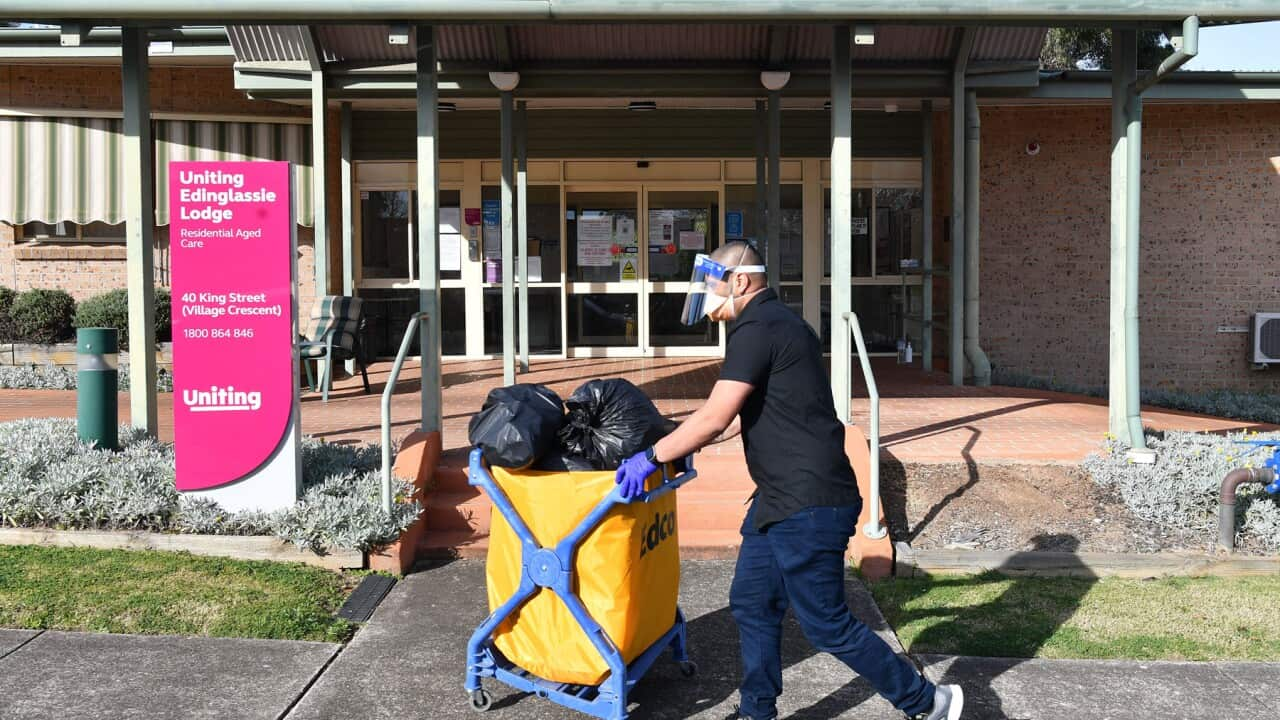Six international students successfully recovered nearly $50,000 in total, after the Federal Circuit and Family Court of Australia ruled that two small businesses which employed them failed to pay appropriate wages.
The students from Colombia and India were represented by , a community legal centre specialising in workers' rights.
The Court found that the employers of the three Colombians and three Indians owed each of them between $3,000 and $15,000 in unpaid wages.
Highlights:
- Three Colombian students and three from India successfully won a major legal battle after the Federal Circuit and Family Court of Australia ordered them to be paid a combined $50,000 in compensation for wage theft.
- The Colombians had found their jobs through contacts in Australia, while the Indian students secured their positions through the Gumtree portal.
- One of the Colombian victims, Marilyn, said her employer threatened them with deportation when they demanded their correct wages.
Like many international students, Colombians Juan, Maria and Marilyn divided their time between their English studies and working hours.
The three worked for an individual sub-contractor and spent their time cleaning offices and commercial facilities for $20 an hour, according to a verbal agreement they had made. They got their jobs through another international student with whom they shared housing.
But after working 522 hours, they realised they were short of money and had only received a total of $740 in cash. Marilyn says that when they first started working for the subcontractor, the person had been warm and kind.
He (the employer) was always very friendly with us, very kind, and had earned our trust. You could even say we had developed a friendship.
But the relationship shifted when the group demanded their pay and expressed their intent to expose the company, after several failed attempts to collect the salary they were owed.
"When this whole situation broke out, the employer threatened us," Marilyn says.
"(He said) he would call immigration to say that we were all illegals receiving cash payments ... that we didn't report our taxes, and who knows what other misdeeds we might have been doing in this country," Marilyn recalls.
The group was referred to JobWatch, after appealing to the International Student Employment and Housing Service (ISEALS) for help.
The other three international students from India involved in the case, Kajal, Vineeth and Vaishnavi, were working as casuals in the hospitality industry in early 2020 when they were exploited by their employer.
They found their jobs on Gumtree, a community Internet portal that runs classified ads.
Like the Colombian students, they also ended up being exploited and underpaid by their employers.
"International students working to subsidise their stays in Australia are among the most vulnerable employees. The vast majority are unfamiliar with Australian culture, language, and the legal system," Marilyn says.
Gabrielle Marchetti, lead attorney for JobWatch, agrees. She says that while these cases involved two different employers in two different industries, there were several similarities between the two.
"Unfortunately, we see all too often, unscrupulous employers taking advantage of international students who are not fluent in English or who do not have a broad knowledge of their employment rights in Australia," Ms Marchetti explains.
According to the office, a large percentage of the complaints it receives come from people who are in Australia on visas. This group also accounts for half of all cases that end up in court.
"When English is not your first language, you can feel helpless. I think there are employers who use international students because we are the most vulnerable and they know they can get away with it, treating us badly, without major consequences," Vaishnavi, one of the students from India, laments.
While she also knew she was entitled to receive more money, she feared her employer would take action that would affect her visa or studies.
"I needed the help of someone who knew what to do," Vaishnavi said.
She insists that even locals in Australia themselves would address these incidents with legal assistance, so she recommends all international students and foreign workers seek professional help if they experience such issues at work.
"JobWatch provides a free service to international students," Marilyn explains.
"If you need someone to speak in your language, they also provide that help."
Currently, the minimum wage in Australia for all workers stands at $20.33 per hour, although it may be higher if the person works casually, outside of regular office hours or qualifies to receive a legislated award wage.
Workers on visas can also go to the s office or website to learn more about workers' rights under the law, receive advice, or check if a worker is being paid correctly.
All workers in Australia have the same labour rights, even if they are working in the country on temporary visas.
Read and listen to this story in Spanish:

Tres estudiantes colombianos en Australia ganan juicio a lo grande contra empleadores sin escrúpulos



